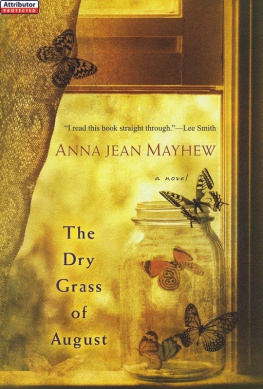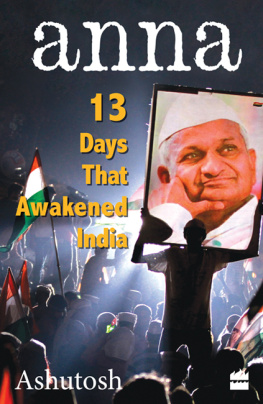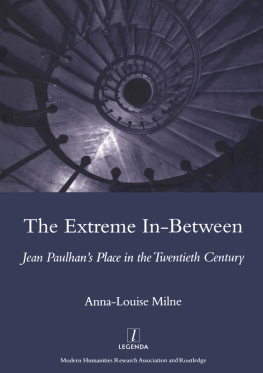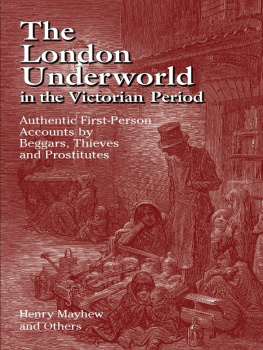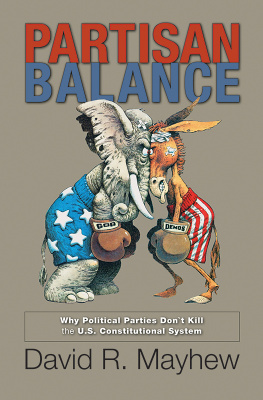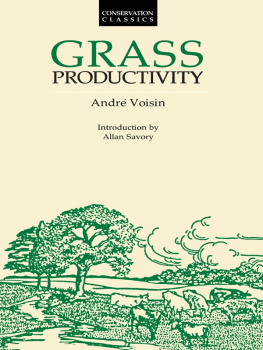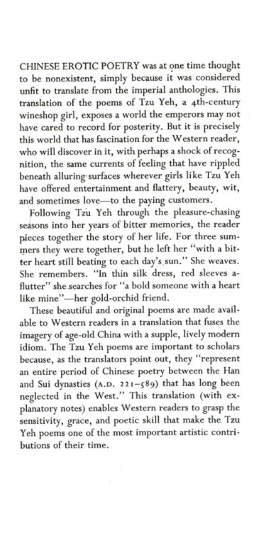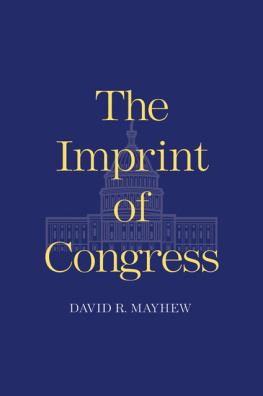Anna Jean Mayhew - The Dry Grass of August
Here you can read online Anna Jean Mayhew - The Dry Grass of August full text of the book (entire story) in english for free. Download pdf and epub, get meaning, cover and reviews about this ebook. year: 2011, publisher: Kensington, genre: Detective and thriller. Description of the work, (preface) as well as reviews are available. Best literature library LitArk.com created for fans of good reading and offers a wide selection of genres:
Romance novel
Science fiction
Adventure
Detective
Science
History
Home and family
Prose
Art
Politics
Computer
Non-fiction
Religion
Business
Children
Humor
Choose a favorite category and find really read worthwhile books. Enjoy immersion in the world of imagination, feel the emotions of the characters or learn something new for yourself, make an fascinating discovery.
- Book:The Dry Grass of August
- Author:
- Publisher:Kensington
- Genre:
- Year:2011
- Rating:3 / 5
- Favourites:Add to favourites
- Your mark:
- 60
- 1
- 2
- 3
- 4
- 5
The Dry Grass of August: summary, description and annotation
We offer to read an annotation, description, summary or preface (depends on what the author of the book "The Dry Grass of August" wrote himself). If you haven't found the necessary information about the book — write in the comments, we will try to find it.
The Dry Grass of August — read online for free the complete book (whole text) full work
Below is the text of the book, divided by pages. System saving the place of the last page read, allows you to conveniently read the book "The Dry Grass of August" online for free, without having to search again every time where you left off. Put a bookmark, and you can go to the page where you finished reading at any time.
Font size:
Interval:
Bookmark:
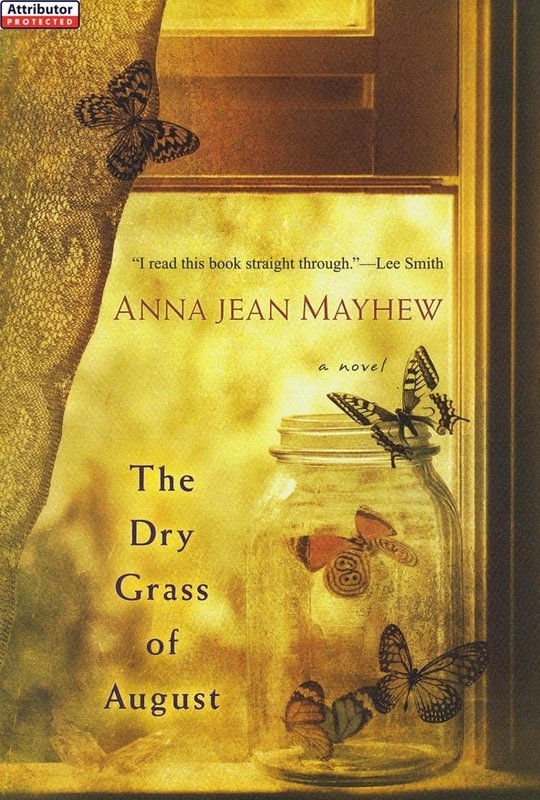
Thank you, Lee Smith, Angela Davis-Gardner, and Peggy Payne for your critical feedback and generosity of time. Ill pay it forward.
And the writers on whom I cut my teeth in Charlotte, NC: J. R. McHone (water brother), Dennis Smirl, Dick Bowman, Jerry Meredith, David Frye, Greg West, and Bill Barfieldto you, I say: Aardvarks forever!
In New York: John Scognamiglio, my editor at Kensington Books, who guided me with care and consideration through the publication process, and my agent, Robert Guinsler, who continued to believe in my book when Id all but given up. Thanks to you both for taking a chance on a seventy-one-year-old first-time novelist. Now theres a marketing angle!
Pat French, confidante and mother-confessor, thanks for hiking with Jean-Michel and checking on him when Im away, for not telling me what you think I should do unless I ask you, and for sharing your editorial talents. Ill never forget your call from the airport when you finished reading my manuscript.
Thank you, Diana Hales, for packing your bags when I holler, Road trip!
Institutions: The North Carolina Writers Network, for keeping wordsmiths connected in the Old North State; The Weymouth Center, for providing the peace and solitude scribblers need; The Carolina Room at the Public Library of Charlotte and Mecklenburg County, and the Orange County Main Library, Hillsborough, NC.
For careful reading and critique: Kay Bishop, Robin and Mae Langford, Penny Austen, Kathryn Milam, Traci Woody, Tiffany Wright, Sofia Samatar, Richard Hoey-Bey, Gwendolyn Y. Fortune, Nancy Rosebaugh, Aimee Tattersall, and Daphne Wiggins-Obie. Im grateful to Bob Conrow and Jamie Long, who gave me the use of their lake home, where my embryonic novel matured into a newborn. And to Taylin, the precocious strawberry-blonde angel who patiently asked me, in the locker room at SportsPlex, when she was eight, then nine, then ten, When can I see your book? She never doubted that she would see it in print someday.
Other writers from whom I learn so much, on Tuesday mornings: Mary Harrison, John Manuel, Leslie Nydick, Patricia Owens, and James Protzman; on Tuesday evenings: Beverly Meek, Jennie Ratcliffe, Sally Schauman, Virginia Tyler, and Cynthia Zava; on Wednesday mornings: Gabe Cuddahee, David Halperin, Ron Jackson, Susan Payne, and Sarah Wilkins; also to Joyce Allen, Poppy Brite, Sidney Cruze, Ray Harold, John Rhodes, and Mary-Russell Roberson.
My gratitude to the women who brought order to our home when I was a child, and when I matured into an inept house-keeper: Mary Leeper, Elizabeth Cureton, Verta Price, and Atlanta Feaster.
Family is all. Thank you, my childrenHomer Jackson Faw III, Teresa Colleen Faw, and Scott Mayhew Pharrfor your everlasting acceptance of the oddities that make me a writer, for putting up with my inattention and vacant stares, for accepting my absences when Im off somewhere musing. I am likewise deeply grateful for the ongoing faith and support of my sisters: Mary Jane Mayhew Burns, Linda Mayhew Gore, and Susan Mayhew Devine.
Jean-Michel, you rock!
Q&A with Anna Jean Mayhew.
Q. Was there any one thing that compelled you to write the novel?
Q. How long did it take you to write your novel?
Q. Were you writing in isolation, or did you have support from other writers?
Q. Did you start with an idea, with a character, setting?
Q. Your protagonist is thirteen years old. Is your novel young-adult fiction?
Q. Your book is set in 1954 and is rich with details of that time. Did you have to do a lot of research?
Font size:
Interval:
Bookmark:
Similar books «The Dry Grass of August»
Look at similar books to The Dry Grass of August. We have selected literature similar in name and meaning in the hope of providing readers with more options to find new, interesting, not yet read works.
Discussion, reviews of the book The Dry Grass of August and just readers' own opinions. Leave your comments, write what you think about the work, its meaning or the main characters. Specify what exactly you liked and what you didn't like, and why you think so.

